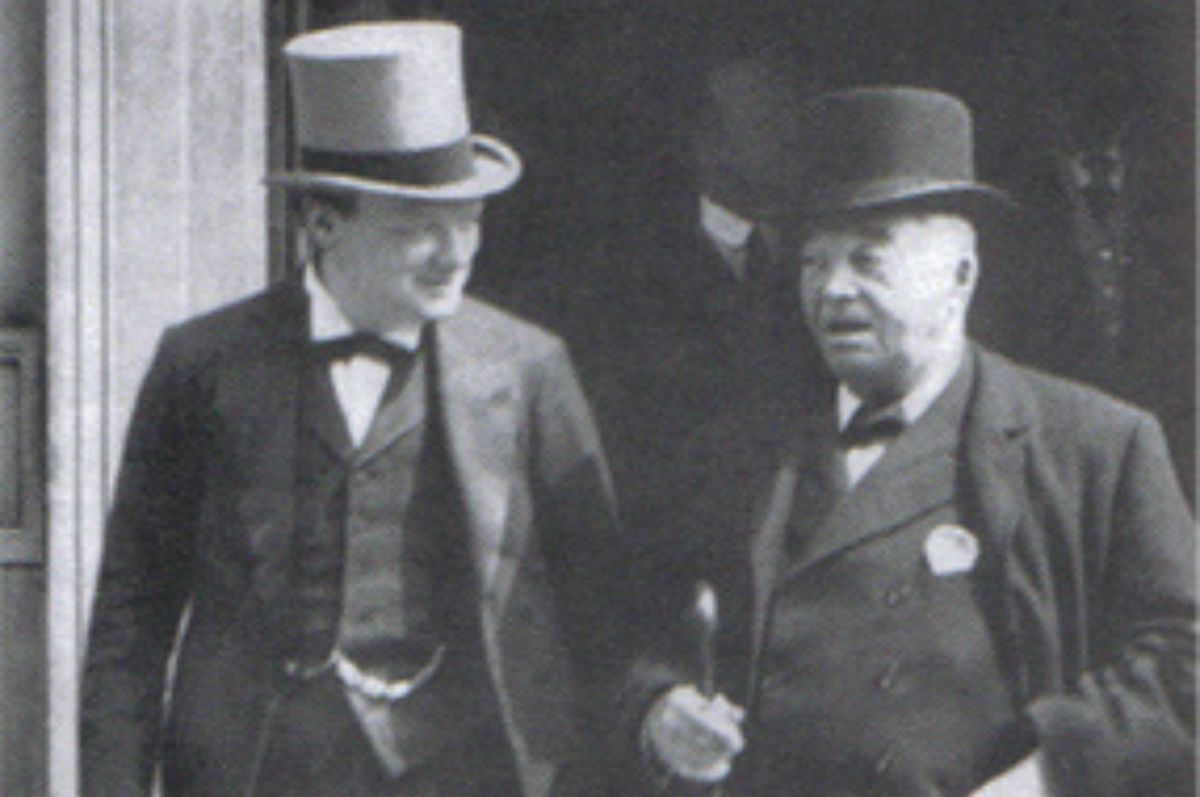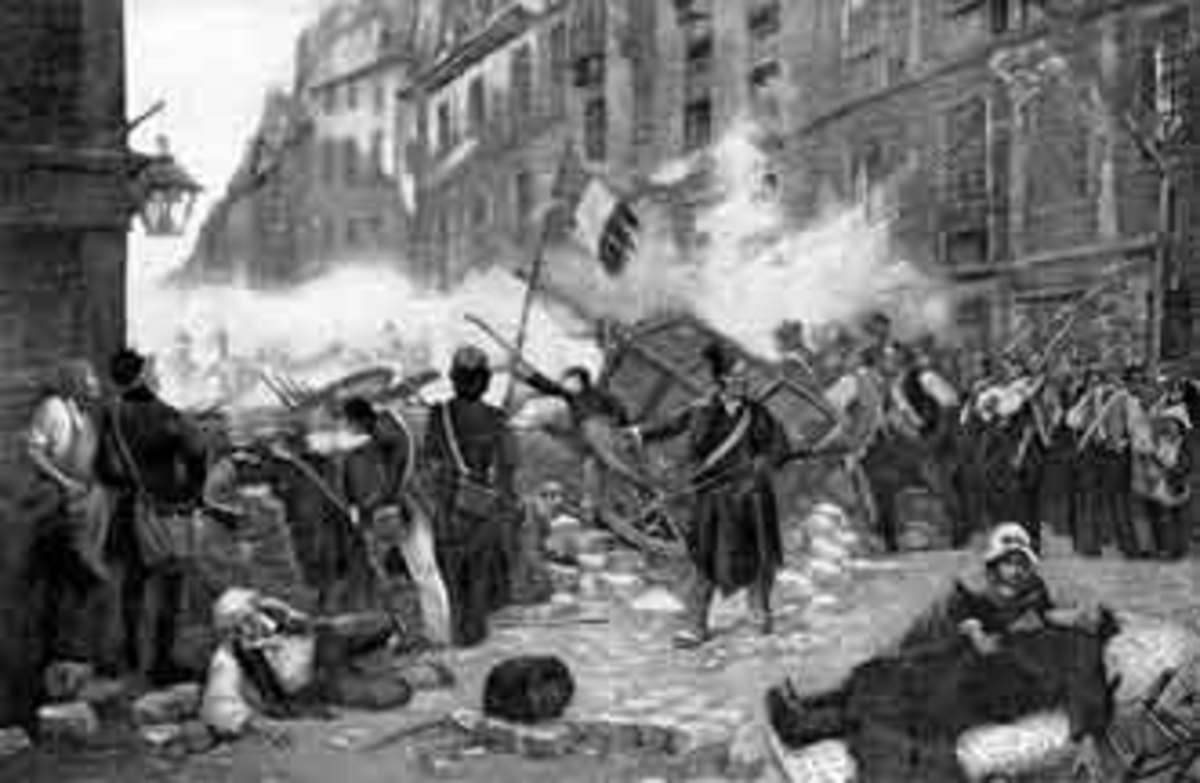Angel Island Poems Written by Chinese Immigrants
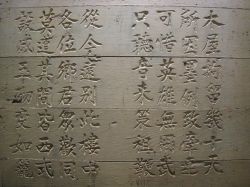
Chinese Immigrant Poetry at Angel Island San Francisco
The Angel Island poems reflect the experiences and viewpoints of the detained Chinese immigrants who were held there. Angel Island was an immigration station set up in San Francisco to detain Chinese immigrants.
When America was still a young country, Chinese immigrants came to this nation in hopes of making a better life for themselves and their families. These immigrants came to America for one main purpose--to work. They built the transcontinental railroad and provided much needed labor for California's growing agriculture and light industries. Unfortunately for these immigrants, they were extremely good workers. Americans began to see them as labor competition, thus Congress passed the Chinese Exclusion Act of 1882. This act prevented Chinese immigrants from entering the United States unless they were merchants, government officials, students, teachers, visitors planning to return home, or claiming American citizenship. Angel Island was established to detain the immigrants who claimed to fall under one of the above exemptions.
They were kept in barracks on the island for an indefinite amount of time until the status of their claim was fully investigated. During their long waits, many of these immigrants etched their thoughts and feelings in poetic verse on the barrack walls. These unique poems were not discovered until 1970 and are now preserved for future generations to read.
Photo credit: Cloodlebing and Great Kindness on Flickr.
Angel Island Poems Themes
Due to the circumstances imposed upon the Chinese immigrants during their long detainment, three main themes are seen throughout the poetry etched on the dormitory walls at Angel Island: 1) the passage of time, 2) sense of powerlessness, and 3) retribution. This page will discuss those three themes as evident in the Angel Island poetry.
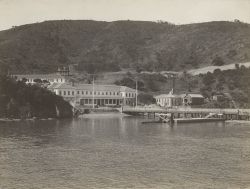
The Symbolism of Lost Time in the Angel Island Poems
The immigrant's lengthy detainment is apparent in the poetry
The passage of time is evident throughout the Angel Island poems. These immigrants were kept in the barracks for the entire time their specific investigation would require, meaning no one knew how long their detainment would last. The uncertainty of a departure date seemed to make the stay even more unbearable. In poem 5, The Voyage, one immigrant wrote:
Time flew like a shooting arrow.
Already, a cool autumn has passed.
Counting on my fingers, several months have elapsed.
Still I am at the beginning of the road.
I have yet to be interrogated.
The Chinese immigrants came to the states with the desire to work, but were forced to sit and wait "idle in the wooden building" (poem 38 form The Weak Shall Conquer). Men, women, and children were all forced to stay at the Angel Island Immigration Station and with no estimated date of release to look forward to. They watched time tick by minute by minute, hour by hour while the US government held their lives captive.
Image courtesy of Wiki Commons

The Sense of Powerlessness as Seen in the Angel Island Poems
The Chinese immigrant's poetry communicates their loss of control
The Chinese immigrants who migrated to America during the Chinese Exclusion Act were victims of circumstance. They were detained and interrogated like criminals. They were housed and fed like children. The immigrants had no control over their situations. Their poetry reflected this sense of powerlessness. One immigrant described his feelings of situational helplessness in poem 42 from The Weak Shall Conquer.
The dragon out of water is humiliated by ants;
The fierce tiger who is caged is baited by a child.
As long as I am imprisoned, how can I dare strive for supremacy?
Image courtesy of Wiki Commons.
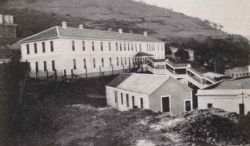
Angel Island Poems Illustrate Anger
The Angel Island poetry expresses a sense of retribution
The extended amount of time in which the immigrants were detained coupled with the awareness of the powerlessness they had over their own lives, let to anger and hostility against the very nation to which they had chosen to migrate. Their resentment grew to the point of desiring retribution for their mistreatment. In poem 35 from The Weak Shall Conquer one immigrant wrote:
If there comes a day when I will have attained my ambition and
become successful,
I will certainly behead the barbarians and spare not a single blade
of grass.
Image courtesy of Wiki Commons.
Which Theme from the Angel Island Poetry do You Identify With?

If you had experienced the unjust detainment for days, weeks, months, or even years that these Chinese immigrants endured, then which of the themes expressed in their poetry would you most closely identify with?
Image courtesy of Wiki Commons.
Which theme do you identify with most?
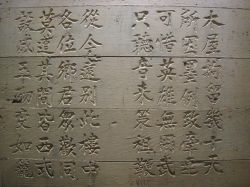
The Angel Island Poems
The detainee poetry of Angel Island
Discovering the verses these immigrants etched on the walls that served as their prison during their forced detainment was truly a remarkable find. Since their discovery, these works of poetry have earned a respected place within American literature. These poems are a record of the thoughts, feelings, and emotions of the Chinese immigrants who suffered as a result of the Chinese Exclusion Act of 1882. What makes these works such an amazing find is that it is untainted history. These poems were written by the immigrants themselves. The verses are in the Chinese immigrants' own words, etched in the walls by their own hands.
Photo credit: Cloodlebing and Great Kindness on Flickr.
Angel Island Chinese Monument - A monument to honor the Chinese Immigrants held captive and Angel Island
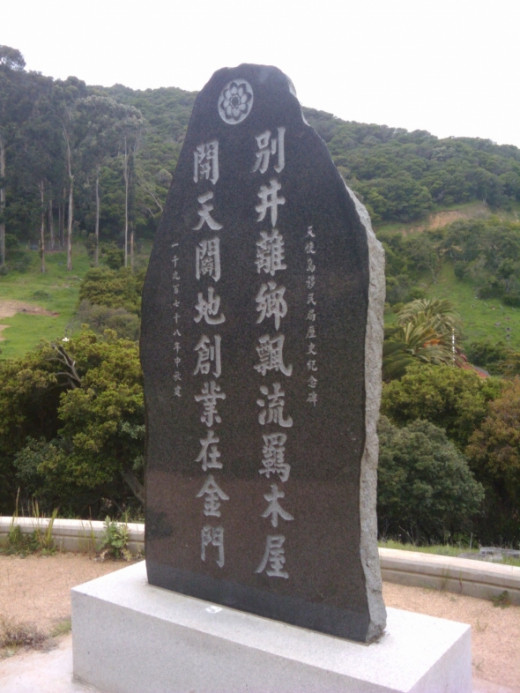
This monument is located just outside the Immigration Station at Angel Island San Francisco. In English, it reads: "Leaving their homes and villages, they crossed the ocean only to endure confinement in these barracks. Conquering frontiers and barriers, they pioneered a new life by the Golden Gate."
Image courtesy of Wiki Commons
Angel Island Poems - Angel Island history and Chinese immigrant poetry
This book recounts an accurate history of San Francisco's Angel Island. It does a beautiful job of illustrating the mistreatment the Chinese immigrants endured while being detained in the uncomfortable barracks there. The majority of this book are the English translations of the Angel Island poems which the immigrants carved into the walls during their forced stay.

Angel Island Resources - Links to more Angel Island information
- Marlon Hom on Angel Island Detention Poems
An an interview on the poetry of Angel Island with Marlon Hom, director of the California State University International Programs in China. - Pacific Link
A brief article about the poems found at Angel Island. - Angel Island Immigration Station Foundation
The official AIISF site. - University of California Santa Barbara
Article written for English 104A over the Angel Island history behind the poetry. - Angel Island Poetry
Article by the Poetry Foundation. - Paper Son
A comprehensive site about the poems found at Angel Island and the history behind the works.
This Page Protected by Copyright
The content found on this page was all written by me, that makes it my intellectual property. You may not copy it and put it on a blog, website, forum, etc and claim that any of it is yours. You also may not turn my words into an essay or term paper and hand it in for course credit. Not only would doing so be plagiarism, which would earn you a zero and possible expulsion from most schools, but it would also be illegal.



